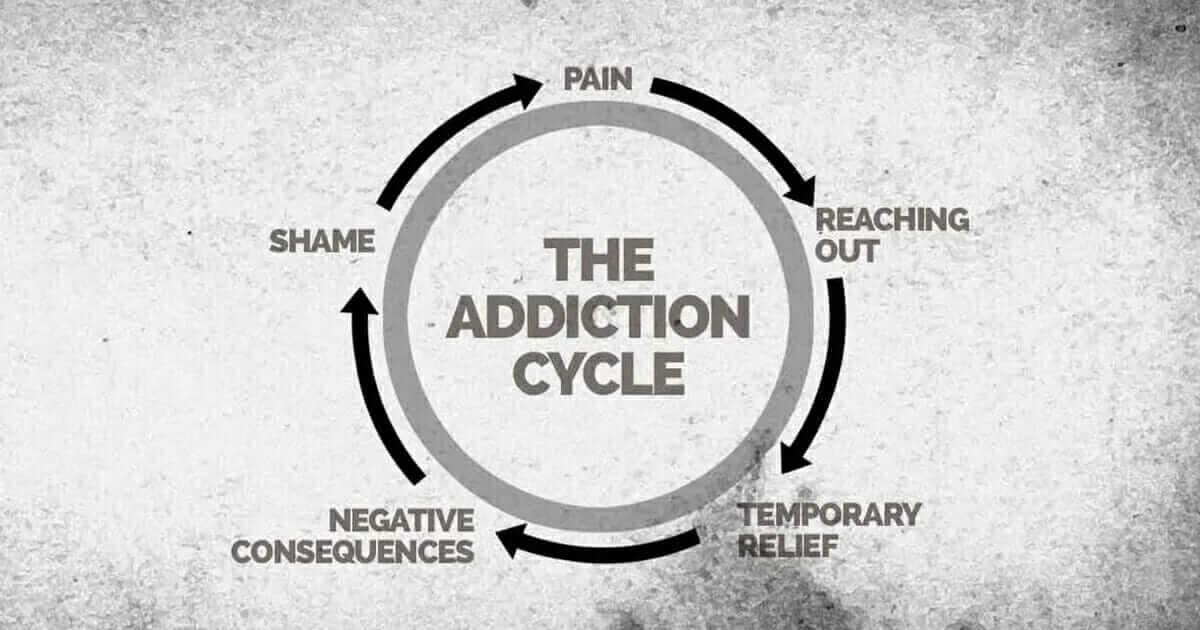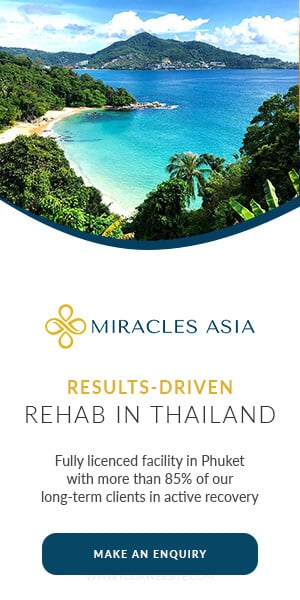The Miracles Asia News Feed

Online Addiction Counseling and Treatments in Covid Times
Addiction or substance dependence is difficult to cope with. It obviously generates a negative impact in multiple areas of an addicted person’s life.
The same could be said about the ongoing COVID-19, Covid, or coronavirus pandemic around the world.
Every time lockdown happens in a city, region, state, province, or country, it becomes tougher for a substance abuse patient to find help when it comes to overcoming their sobriety issues.
They can’t get out of their homes and they might O.D. in there depending on their stash or supply of illicit drugs or alcohol.

The Cycle of Addiction
The cycle of addiction is a predictable pattern of going from using, to a decision to stop or reduce, followed by a plateau and confidence, with eventual reduced commitment and selective memory, ultimately moving into justification and rationalization for possible limited use.
By the time you relapse, you have often convinced yourself that it’s okay, or even a good idea to use again, and you are sure it will be different next time.
Usual characteristics of the cycle of addiction
- You initially used your drug and it felt good. It provided some sort of relief or good feelings for you.

The Bomb is the First One
“The bomb is in the first one” is a common statement in recovery communities.
If you are an addict, or even a problem user, once you have one, you are unable to stop.
Staying away from the first drug
Have you told yourself: “Never again!”?
And then do you think: “Yes, but that’s what happened because of the last drug – not the first one. That first one never hurt me”?
This is the common pattern of thinking that alcohol-addicted demonstrate.
It is best to avoid the first one, one day at a time, so you can avoid relapsing.








